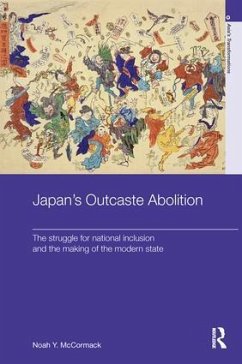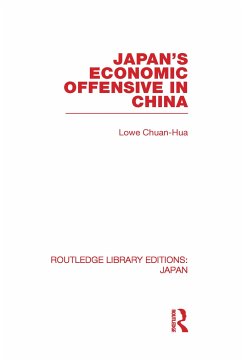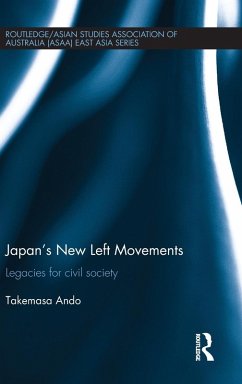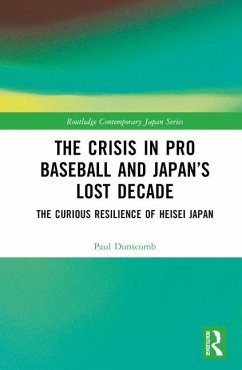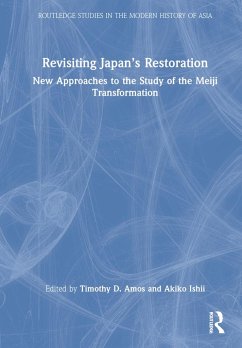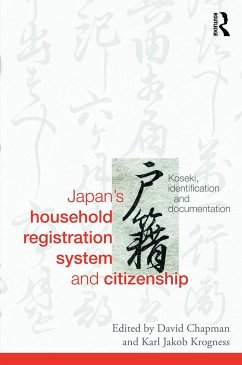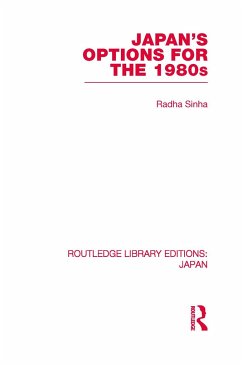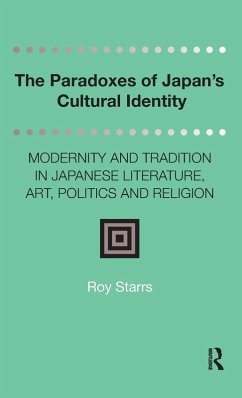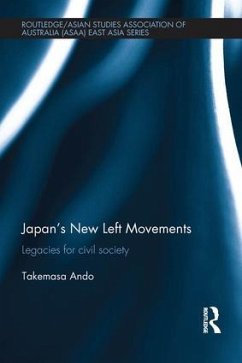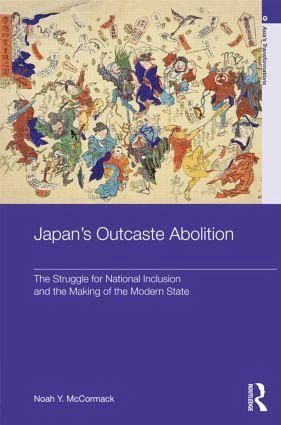
Japan's Outcaste Abolition
The Struggle for National Inclusion and the Making of the Modern State
Versandkostenfrei!
Versandfertig in 1-2 Wochen
176,99 €
inkl. MwSt.
Weitere Ausgaben:

PAYBACK Punkte
88 °P sammeln!
The Tokugawa Shogunate, which governed Japan for two and a half centuries until the mid-1860s, classed people into hierarchically ranked status groups (mibun). The early Tokugawa rulers legally established these status groups through the late-sixteenth and early-seventeenth centuries, adapting and clarifying existing customary divisions between warriors, peasants, artisans, and merchants. Subsequently, during the two and a half centuries of Tokugawa rule, status laws backed by coercive force worked to limit social mobility between groups and regulate relations between people of different statu...
The Tokugawa Shogunate, which governed Japan for two and a half centuries until the mid-1860s, classed people into hierarchically ranked status groups (mibun). The early Tokugawa rulers legally established these status groups through the late-sixteenth and early-seventeenth centuries, adapting and clarifying existing customary divisions between warriors, peasants, artisans, and merchants. Subsequently, during the two and a half centuries of Tokugawa rule, status laws backed by coercive force worked to limit social mobility between groups and regulate relations between people of different status. This book begins by examining the origins and evolution of the outcaste groups within the Tokugawa status order. It then looks into the complex processes leading up to the abolition of outcaste status and the institution of legal equality in 1871 under the Meiji regime, and analyzes subsequent practices and theories of social discrimination against firstly 'former outcastes' and 'New Commoners' and then 'Burakumin'. Finally, it analyses the tactics and strategies of liberation adopted at local and national levels by anti-discrimination movements in Meiji Japan. Detailing the history of early-modern Japanese outcastes into the post-abolition era, Japan's Outcaste Abolition explores the dynamics of national inclusion, social exclusion, and the making of disciplined modern subjects. It will therefore be of great interest to students and scholars of Japanese history, culture and society, social history and Asian studies.





